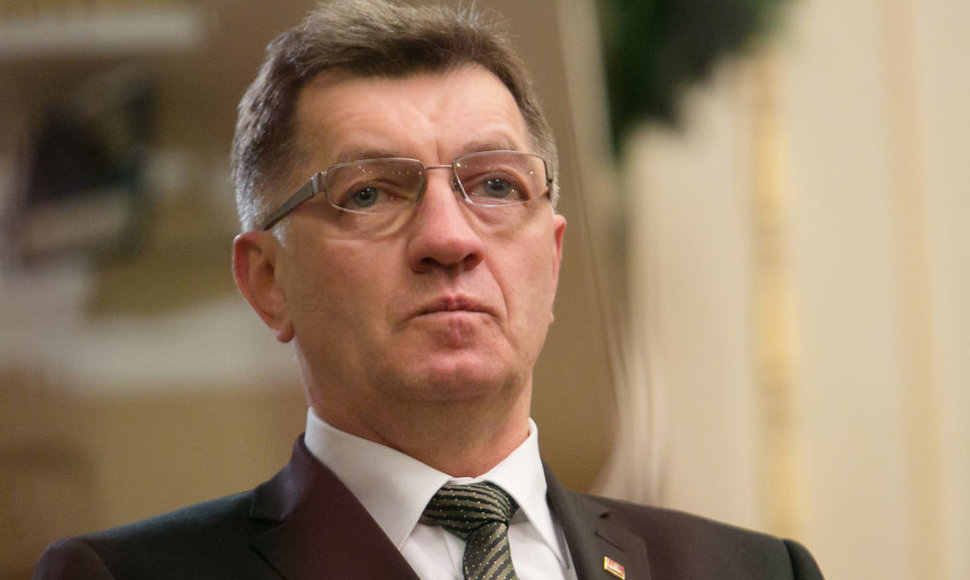According to the prime minister, the demographic issue is "is one of the most painful issues for a politician."T hree years," Butkevicius told European Voice when asked how long it would take to spur population growth.
In an article about the Lithuanian prime minister, the newspaper writes that Butkevicius gained popularity after wasting no time in fulfilling a core campaign pledge of raising the minimum wage.
On the other hand, according to European Voice, he's not been that consistent with other issues. During the election campaign, he spoke out against Lithuania's plans to build a nuclear power plant and now plans to continue the project, if the project is profitable. He also suggested that Lithuania should not join the eurozone until the crisis is resolved, and he set a date for adopting the euro in 2015 after coming to power.
Nevertheless, there's no reason to believe that Butkevicius will suffer because of his changing opinion, author Gary Peach believes.
"Voters will judge him for improvements in the standard of living – and here perhaps the most crucial aspect will be lowering Lithuanians' energy bills, which have soared in recent years and become, as Butkevicius admits, one of the main reasons why people flee the country," he writes.












